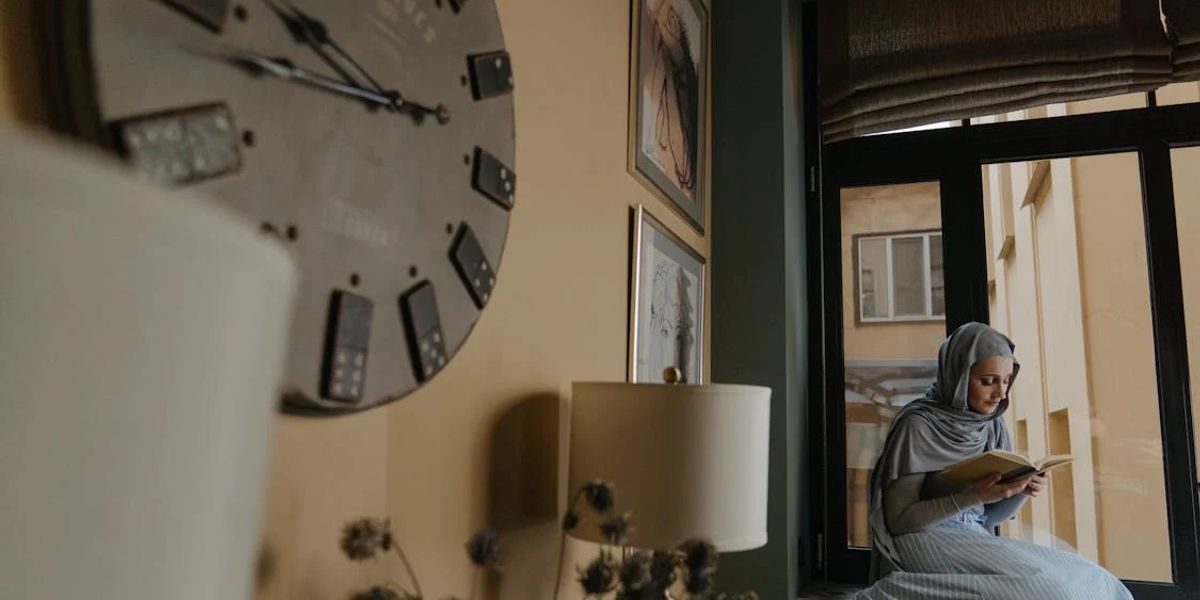
► Why is the novel “Houaria” being criticized?
In mid-July, “Houaria” by writer, poet,
and translator Inaam Bayoudh received the Assia-Djebar Prize for the best
Arabic novel. The prize is named after the major figure in Algerian literature
who passed away in 2015. However, for several days, journalists, writers, and even ordinary
citizens have been posting pages from the book on social media, highlighting
phrases deemed “obscene,” “vulgar,” “offensive,”
or even “contrary to morals.” Some are even calling for the creation
of a “reading committee” to “prevent this kind of books.”
In fact, it’s a few passages, often taken out
of context, where the writer lets her characters speak in Algerian dialectal
Arabic, with its subtleties and familiar expressions. It’s a raw language, like
that used in the milieu of sex workers and the underbelly of the city of Oran,
where this fiction is set against the backdrop of the “Black Decade,”
the civil war in the 1990s between the government and Islamists.
►Why is the controversy happening now?
When, in September 2023, MIM (the letter
M in Arabic) publishing house released “Houaria,” a common female name in Western
Algeria, the novel went unnoticed. In a country where the biggest print runs
reach 1,000 copies, as writer and publisher Lazhari Labter reminds us, literary
debates are rare outside a handful of state-run TV and radio programs.
According to several observers, the hostility likely stems from the
unsuccessful candidates for the Assia-Djebar Prize.
But according to Lazhari Labter, that’s only part
of the explanation. If some passages “shock” people, it’s because the
novel is written in Arabic, “a language considered sacred” by many
Algerians, increasingly influenced by religiosity.
“It’s also targeting women: the author and
the publisher are women. If a man had written it, we wouldn’t have seen all
this,” journalist Fayçal Métaoui told AFP, questioning: “How can they
attack a high-level writer and university professor, especially when the
attackers haven’t read the novel, just as they haven’t read the novels of Tahar
Ouettar, Rachid Boudjedra, and other famous works of Arabic literature that
contain vulgar expressions?”
►What are the reactions?
These unusually violent attacks led the MIM
publishing house to shut down. “We announce that MIM has closed
its doors effective immediately, facing the wind and the fire. We were only
promoters of peace and love, and sought only to spread them,” the
publisher announced on Facebook. This decision may be due to security reasons.
Neither the publisher nor the author responded to our requests for comments.
The uproar prompted several journalists, writers,
and publishers to defend the text. Literary critic Lina Abdelaziz remarked on
her Facebook page: “The novel objectively and detachedly tells of the
involvement and hypocrisy of two political and ideological currents (Islamists
and Communists) in the chaos that led Algerians, especially the poor
populations of the most disadvantaged neighborhoods, into a tragic and sad
bloodbath” during the 1990s.
Others, like Lazhari Labter, express outrage: “I claim the right to speak out because these ignorant people don’t know
that without transgressing the forbidden triangle of sex, politics, and
religion, literature wouldn’t be literature.” A necessity that an
increasing number of Algerians struggle to accept.





